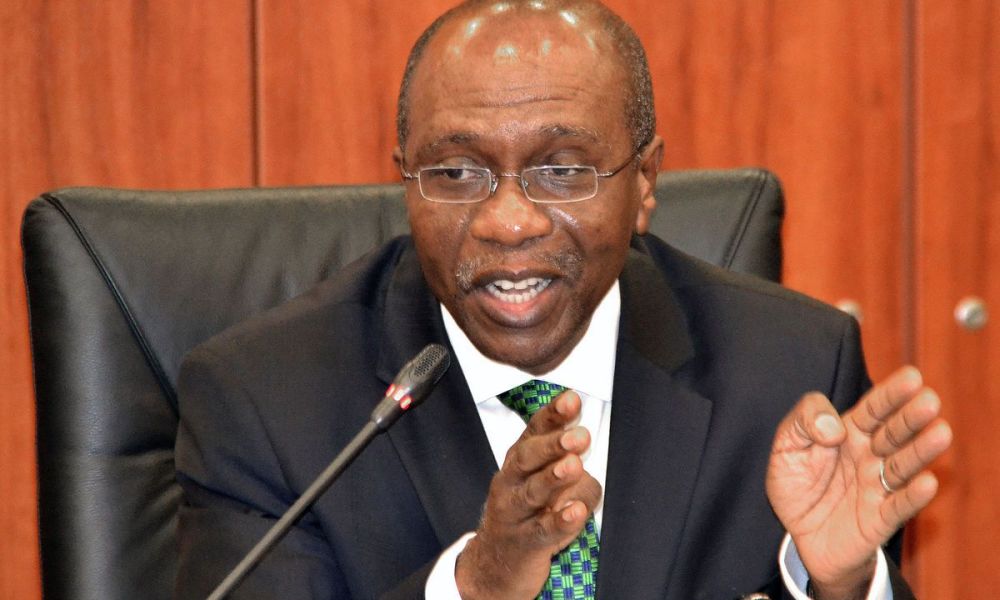The Central Bank of Nigeria (CBN), on Monday, unveiled more measures to check the impact of the Coronavirus (Covid-19) on the economy, assuring of its readiness to provide liquidity backstops as and when required, as part of its role as banker to the Federal Government and lender of last resort.
As part of measures to mitigate the fast-spreading impact of the virus on the global economy, the CBN announced a one-year moratorium on all of its credit facilities with effect from March 1, 2020, in addition to a cut in interest rates from 9% to 5% per annum from the same date.
The apex bank, in a circular signed by Kevin Amugo, Director, Financial Policy and Regulation, announced the creation of a N50bn facility through the NIRSAL (Nigeria Incentive-Based Risk Sharing System) Microfinance Bank for households and small- and medium-scale enterprises (SMEs).
This sector, the circular noted, has “been particularly hard hit by Covid-19, including but not limited to hoteliers, airline service providers, health care merchants, etc.”
The CBN also announced credit support for the healthcare industry to enable stakeholders to meet the potential increase in demand for services and products, including loans to pharmaceutical companies intending to expand, or open their drug manufacturing plants in Nigeria, as well as to hospital and healthcare practitioners intending to expand or build facilities to first-class centres.
The intervention also targets expanding existing interventions to the agricultural and manufacturing sectors in Nigeria.
The apex bank also announced a forbearance to all deposit money banks “to consider temporary and time-limited restructuring of the tenor and loan terms for businesses and households most affected by the outbreak of the Covid-19, particularly oil and gas, agricultural, and manufacturing.”
It promised collaboration with the DMBs “to ensure that the use of this forbearance is targeted, transparent and temporary, whilst maintaining individual DMB’s financial strength and overall financial stability of the system.”
Banks were also encouraged to continue building capital buffers so as to improve the resilience of the sector, adding that in view of the successful implementation of the Loan Deposit Ratio Policy in growing credit to the economy and reducing interest rates. Efforts, it stressed, will be made to further support industry funding levels and in the process maintain the capacity to direct credit to individuals households and businesses, while the CBN will consider additional incentives to encourage the extension of longer-tenured credit facilities.
Meanwhile, the measure is coming ahead of the second regular two-day meeting of the CBN’s Monetary Policy Committee (MPC) for the year, which begins on Monday, March 23, 2020.
Trending Today
Menu








